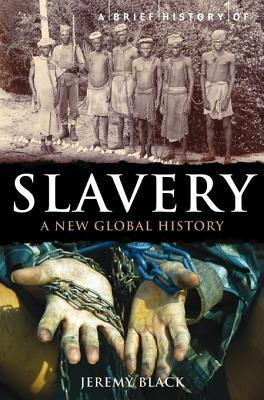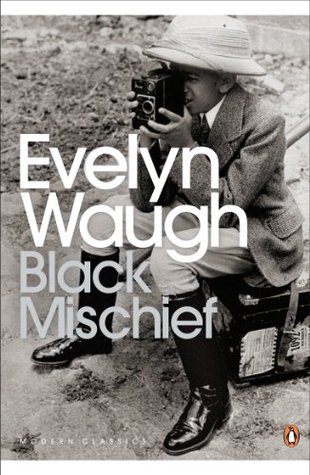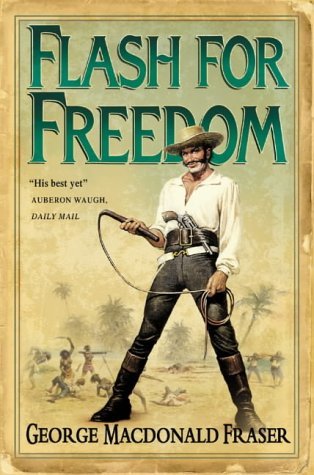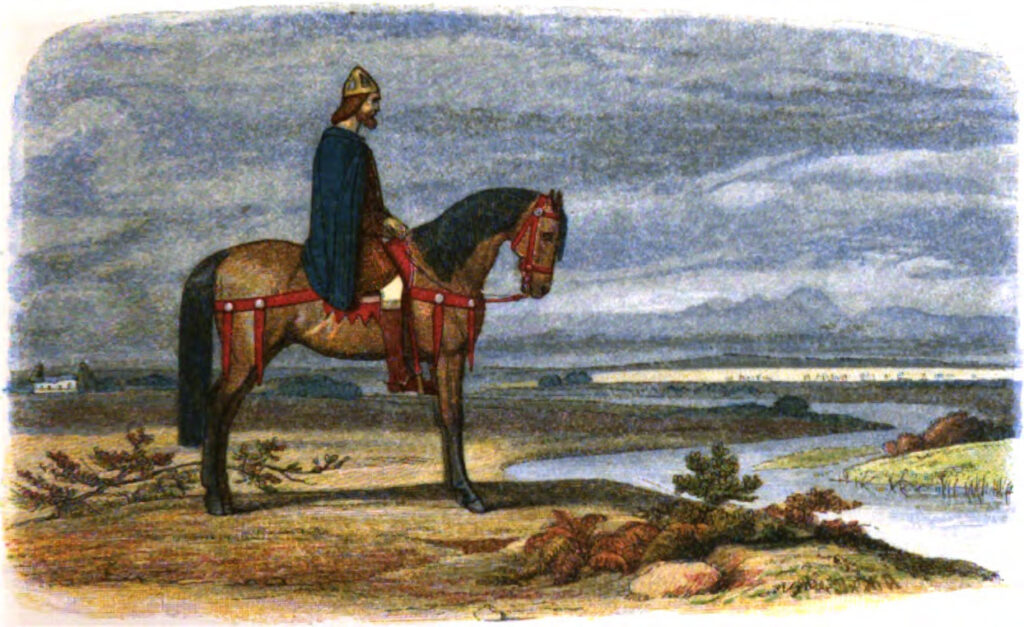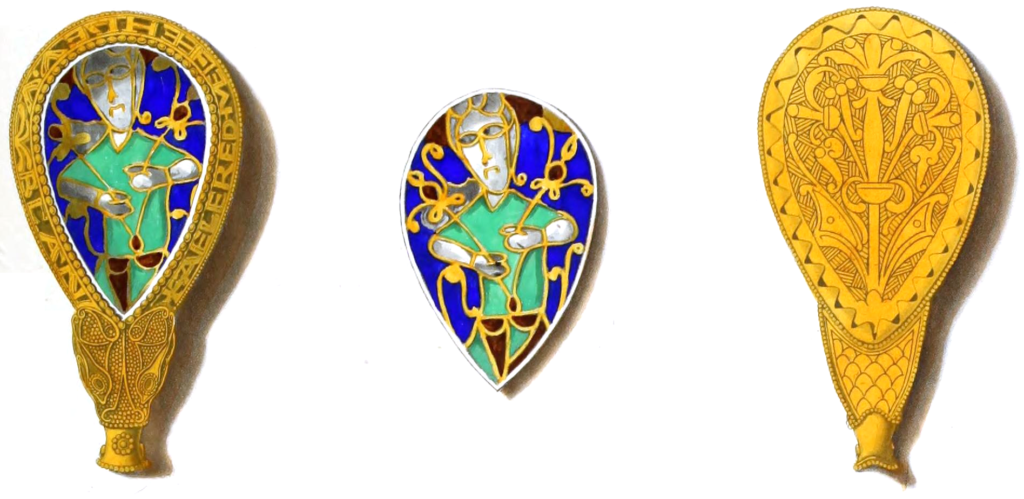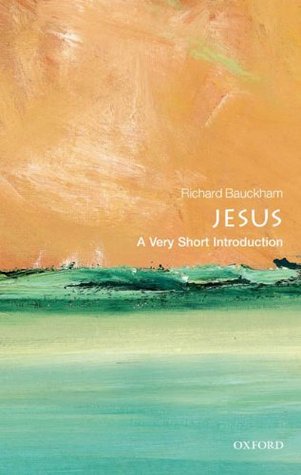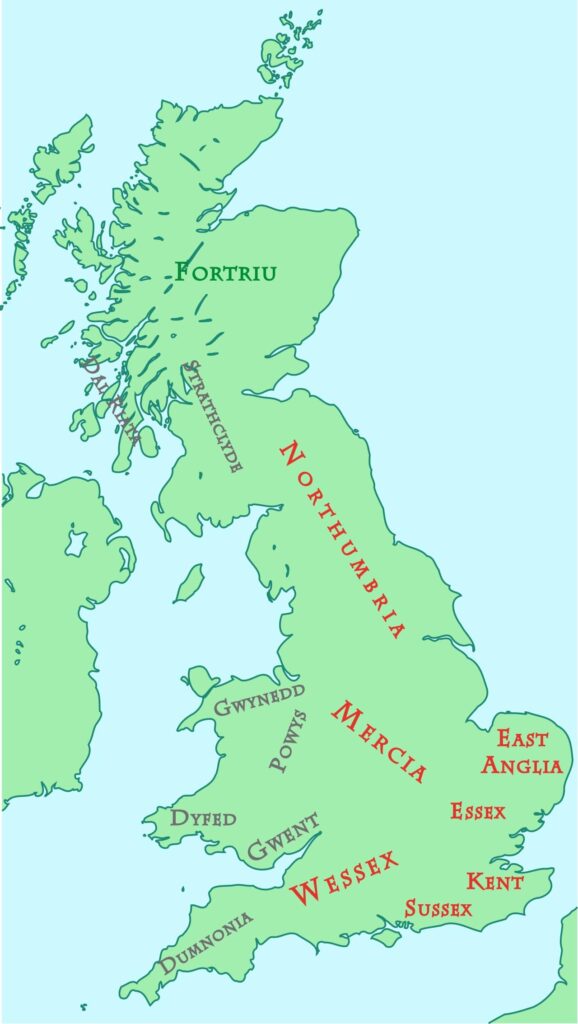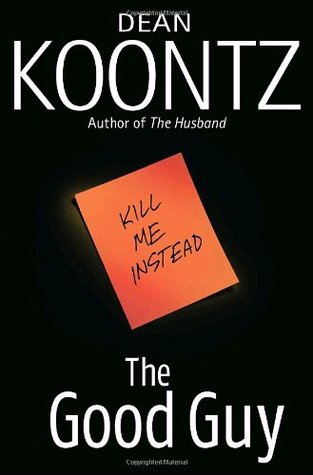
There’s lots of books and courses out there purporting to teach aspiring authors the craft of writing. And it’s true, they will. They’ll teach you to craft characters, write dialogue, embed themes, all the stuff that occupies most of we writers when we are at work. But in those how-to-write books, you won’t find any mention of Dean Koontz. Which is sort of strange, seeing as how he’s sold millions upon millions of books. Or if they do mention Koontz, it’s as an example of what not to do: don’t editorialise, don’t insert your own voice into the narration, don’t… well, don’t be Dean.
But the problem with all these books about writing is that they are missing out on the one thing that Koontz does exceptionally well and it’s the one thing that is really difficult, if not impossible, to teach: he has great ideas. Great ideas that immediately make you want to find out what happens next. The Good Guy is a good example. Ordinary guy, sitting in a bar, strikes up a conversation with a stranger only to find the stranger thinks he’s someone else. That someone else is a killer, and the stranger is hiring him to kill someone.
What would you do if a stranger hired you to kill someone? That’s the brilliant jumping off point for everything else, and it’s these sort of key ideas that Koontz, and many best-selling authors, are so good at, even if they won’t win any prizes for literary craft. But with a good enough idea, you don’t need to be an Evelyn Waugh when it comes to writing prose: the idea will piggyback the story to its conclusion.
So, writers, by all means learn your craft but also, spend time cultivating the instinct for the killer idea, and the patience to sift through the other ideas until you find the one that works. It’s the Dean Koontz method and he’s sold a lot more books than you (or I) have.
